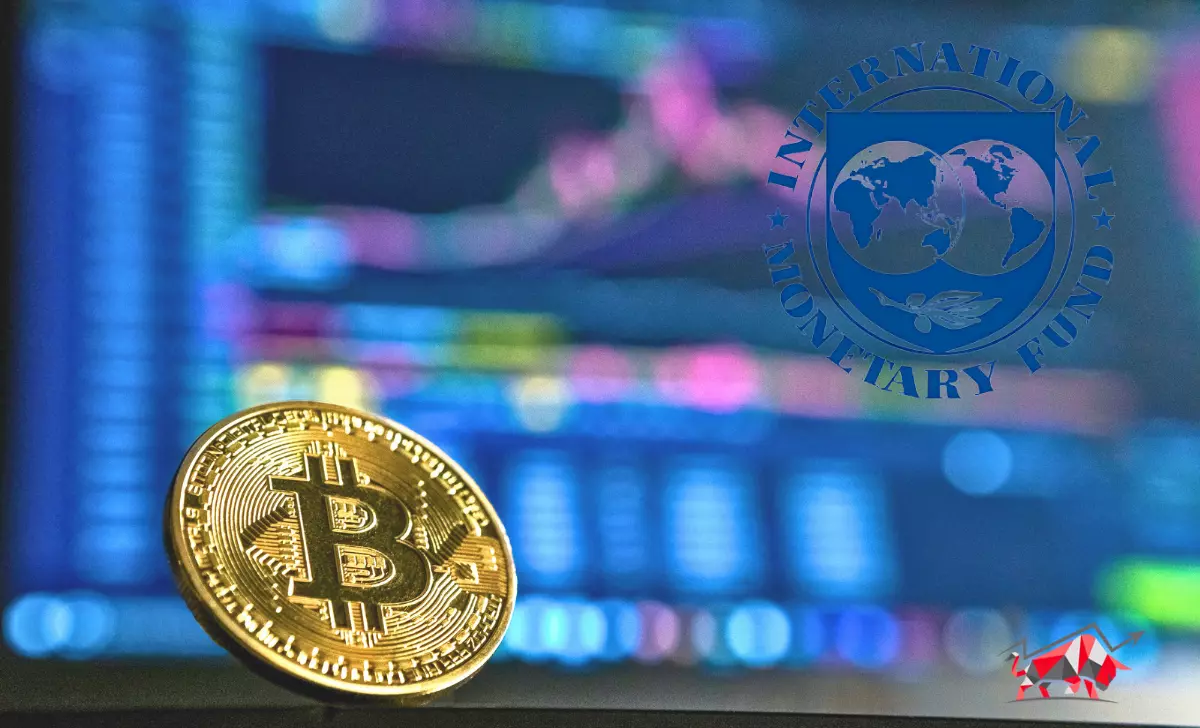According to Reuters, the International Monetary Fund (IMF) is in the process of developing a global platform to enhance the interoperability of Central Bank Digital Currencies (CBDCs) launched by various governments worldwide.
The aim is to prevent private market cryptocurrencies from filling the functional gap left by CBDCs. IMF Managing Director Kristalina Georgieva explained that the platform intends to facilitate CBDC transactions between countries rather than having fragmented national solutions.
During a conference in Rabat, Morocco, Georgieva emphasized the importance of systems that connect nations for more efficient and equitable transactions, stating, “we need interoperability.” As a result, the IMF is actively working on the concept of a global CBDC platform.
CBDCs offer several advantages, including the promotion of financial inclusion and the reduction of payment costs. Currently, average remittance fees stand at 6.3%, equivalent to $44 billion annually.
Georgieva further highlighted the underutilization of CBDCs’ potential if they are solely developed for domestic use. She noted that 114 countries are already exploring CBDCs to some extent, with 10 countries having made significant progress. However, countries like the United States and Canada are still deliberating the merits of developing their own CBDCs.
Crypto Community Reacts to IMF’s CBDC push
While the IMF appeared enthusiastic about its latest development, the sentiment was not reciprocated by numerous members of the cryptocurrency community. They interpreted this action as a “power grab” and contended that centrally-controlled money is undesirable.
As per a Reddit user, the entire project represents another endeavor by the IMF to acquire greater control. The user argued that the organization is exploiting long-neglected issues like financial inclusion as a disguised method to advance central bank digital currencies (CBDCs).
A Twitter user likened the new platform to a “sh*tcoin.” The individual on Twitter asserted that governments or the IMF should not have the authority to determine what constitutes “the best money.”


